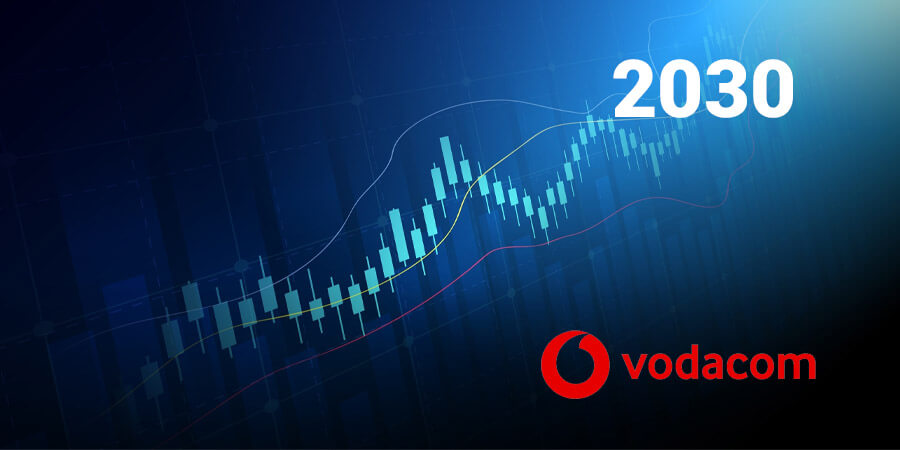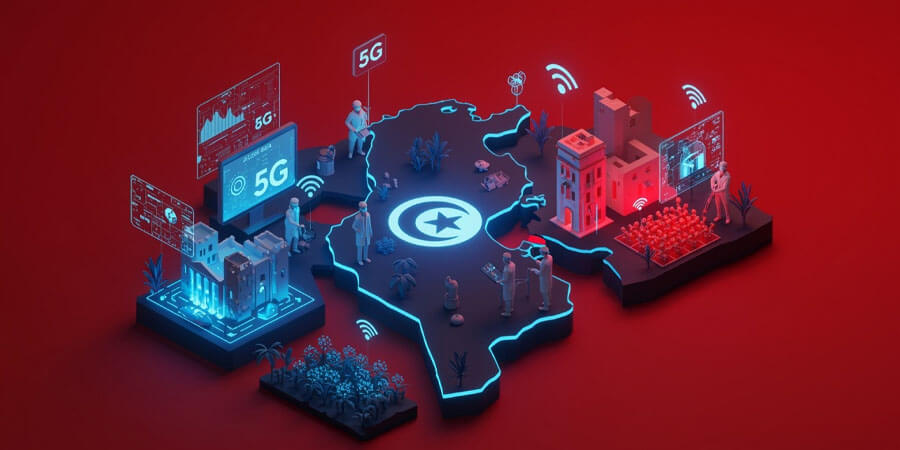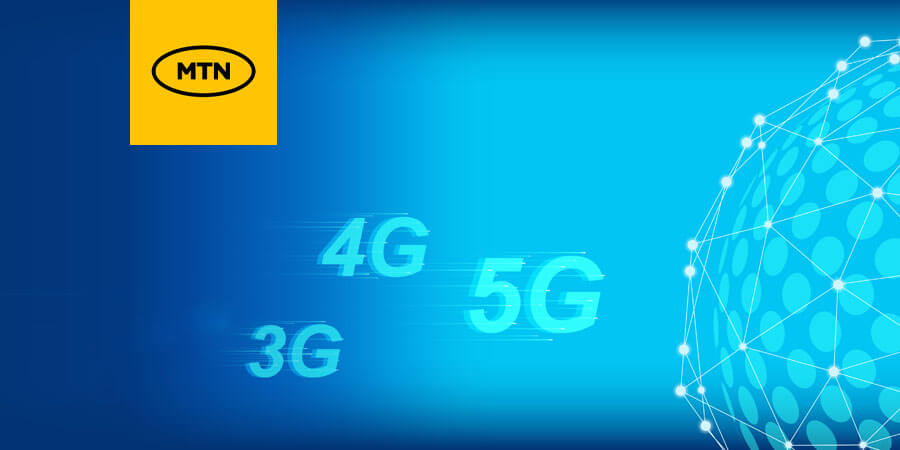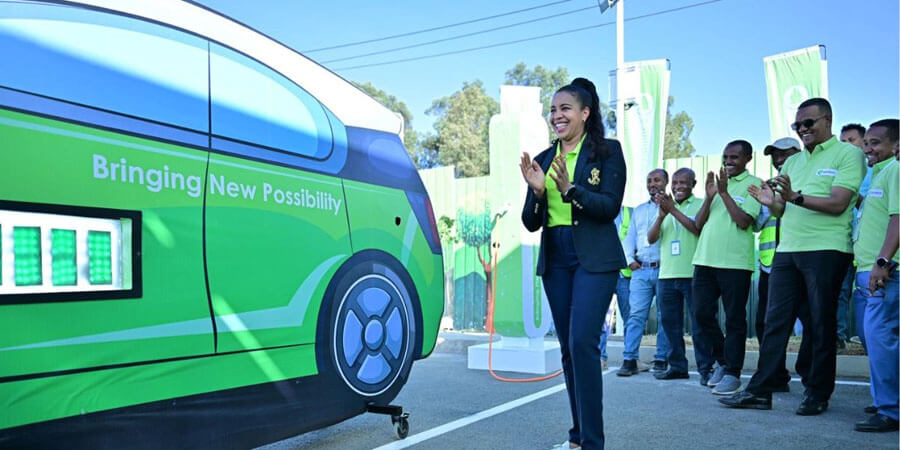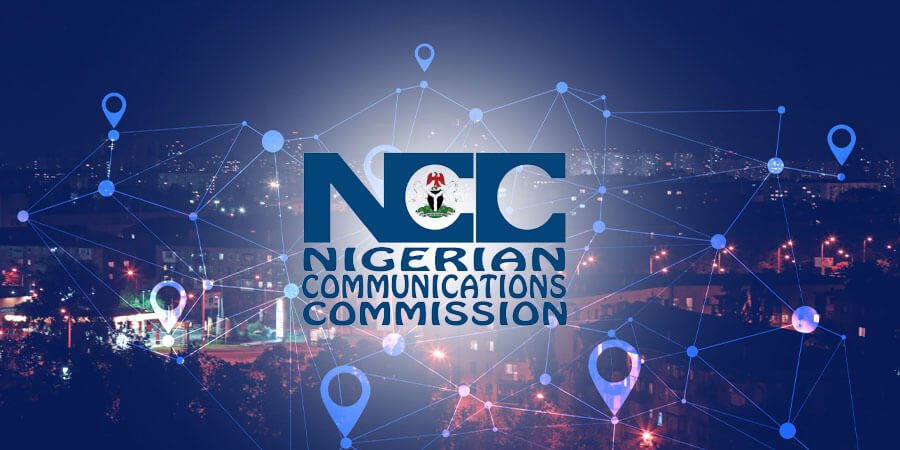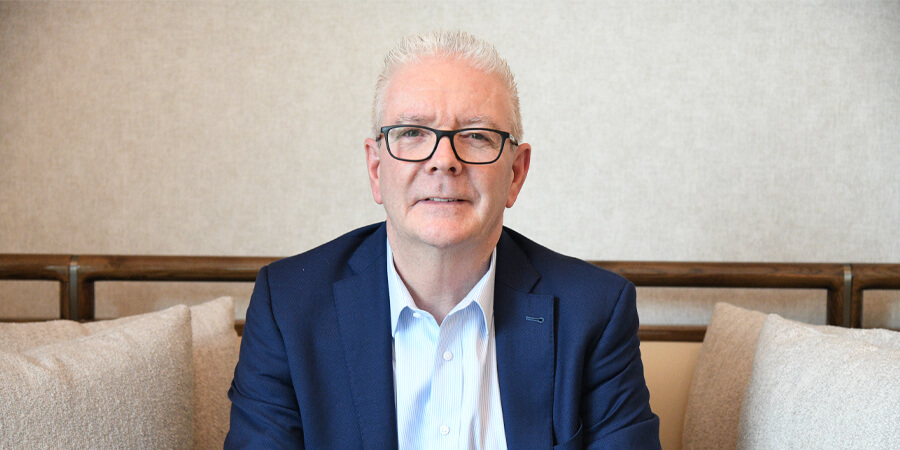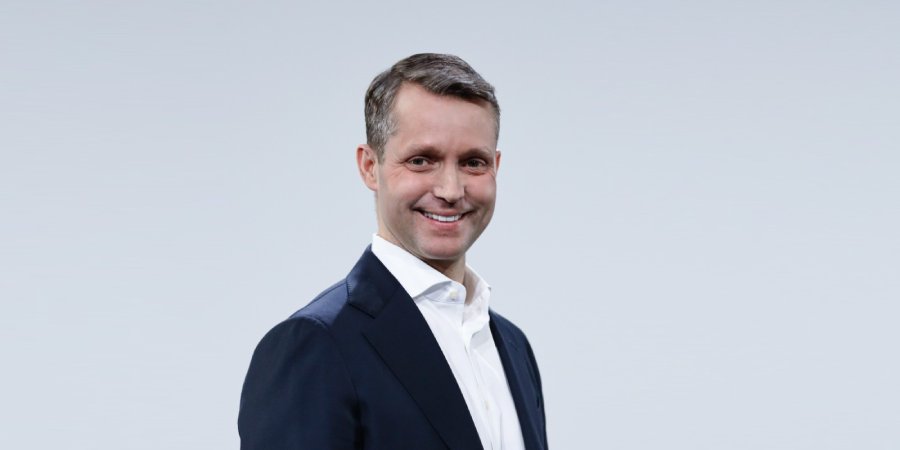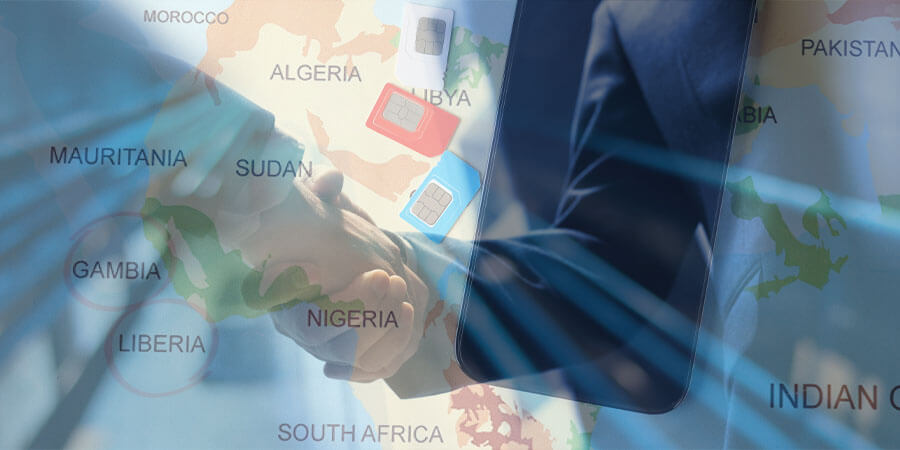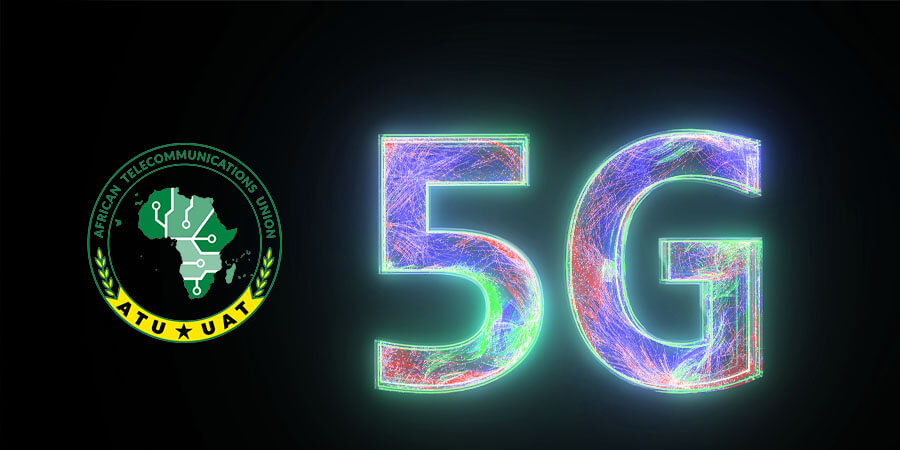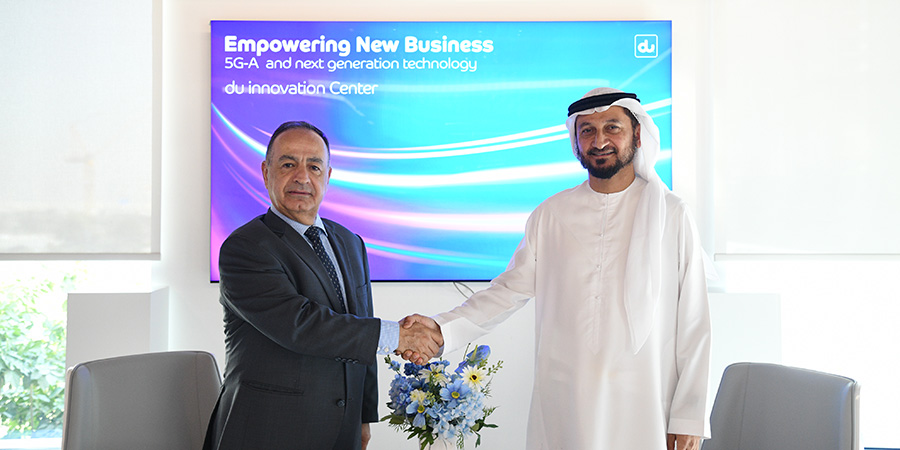Olusola Teniola, president of the Association of Telecommunications Companies of Nigeria (ATCON) and his peer of the Association of Licensed Telecommunications Operators of Nigeria (ALTON), Gbenga Adebayo, expressed their desires to accomplish great achievements that will thoroughly transform the local market this year.
They tend to make a difference starting from paying greater attention to the quality of services. To that regard, joint strategic investments are planned for the creation of an open-access fiber optics network via the InfraCos. This network will help raise the broadband internet penetration rate. In addition, they will also build new telecom towers to densify the network from 45,000 to 70,000, with a prevalence of 4G towers that will increase from 7,000 to 12,000.
Furthermore, according to both presidents, they will also work on improving spectrum and frequencies and the industry is backing them up in the development of bandwidth-intensive apps as well.
Mobile money will also be one of the focus this year since its penetration rate is still low (stable at 1% for five years now) compared with that of other countries like Kenya, Ghana, Tanzania, and Uganda. Olusola Teniola explained that telecom operators have promised to bring this service to an additional 90 million residents.
To achieve these ambitions, Gbenga Adebayo asked for the country’s president’s help. “We are seeking for the President to declare Telecommunications as a critical national economic and security infrastructure and accord our sector and infrastructure the needed protection in that regard,” he declared.





